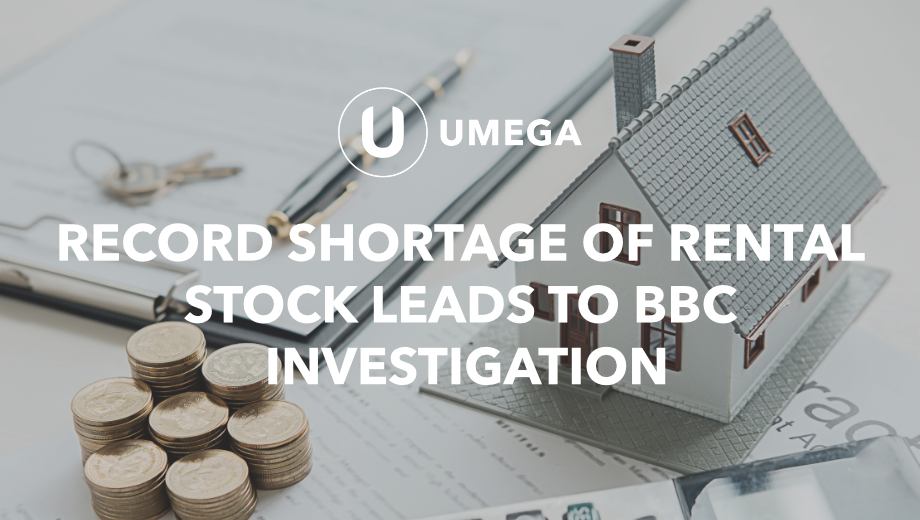Research released this week by research agency BVA BRDC has revealed the tenant demand across the whole of the UK is at its highest level since they began tracking it in 2011. Demand is high because the volume of available rental stock on the open market has dropped dramatically over the last 12 months. The BBC have started work with industry body Propertymark to investigate what lies behind the shortage of rental stock.
From our point of view, there are a number of factors behind the reduction of available rental stock.
Red hot sales market takes potential stock out of rental sector
The one factor that has had the biggest impact in the short-term is the red hot property sales market. This has led to some landlords making the decision to sell their rental properties but it’s probably had an even bigger impact on new landlord entrants to the market. Property owners who find themselves with a property to potentially let (due to moving home themselves or inheritance) when faced with the choice of renting or selling are choosing the option to sell currently due to the guaranteed high price return on their property from the heated sales market. Unless the sales market cools later this year, stock in the private rented sector (PRS) will continue to drop causing severe problems for potential renters, due to lack of choice, for the rest of 2022.
Tax changes and stricter rules on landlords
Landlords are under tougher tax rules now than ever before and new legislation has been introduced consistently over recent years making being a landlord that little bit more expensive and slightly increasing the risks for landlords. This is a longer-term trend than the hot sales market and means the PRS is going through a much longer phase of plateauing or shrinking stock levels.
Upcoming new legislation will exacerbate the stock shortage
The Scottish Government (SG) has just closed its consultation on a new draft strategy for the rental sector that will accelerate the trend of fewer new landlords coming to the sector. The SG is putting its faith in institutional investment (e.g. pension funds) to solve the stock problem but the numbers in the pipeline and the timescales are not going to solve the current shortage. Further changes to the PRS in Scotland look likely to include changes to rules for tenants to have pets, redecorate/personalise properties and some form of rent controls. This will have a negative impact on the number of future new landlords in the market so where things are headed over the long-term is not clear but it looks likely there will be an undercurrent of shrinking stock levels in the PRS for years ahead.
This is good news for potential landlords who will benefit from high occupancies and rent levels but competition between tenants for quality rental properties is going to continue and probably increase in intensity if something doesn’t happen to change the current direction of travel on stock levels.
